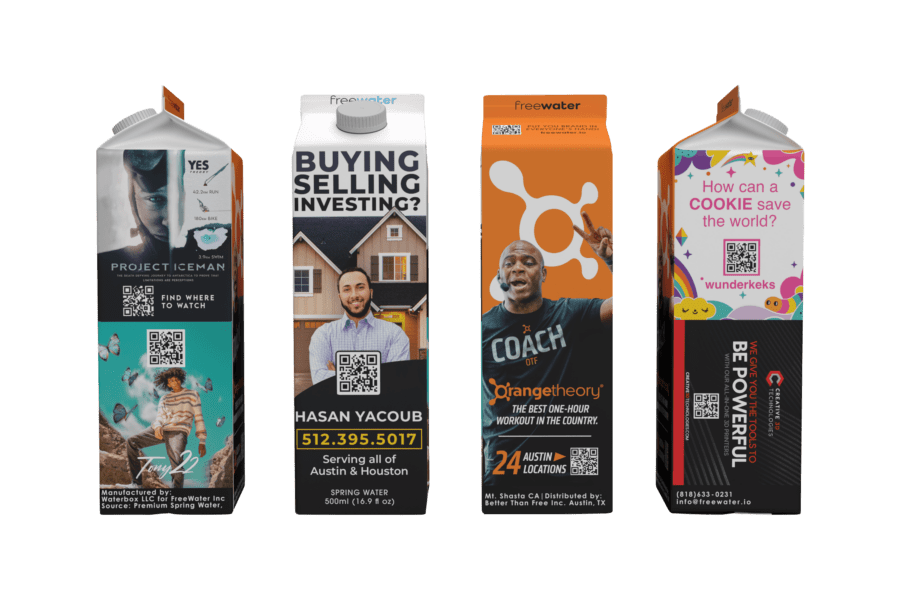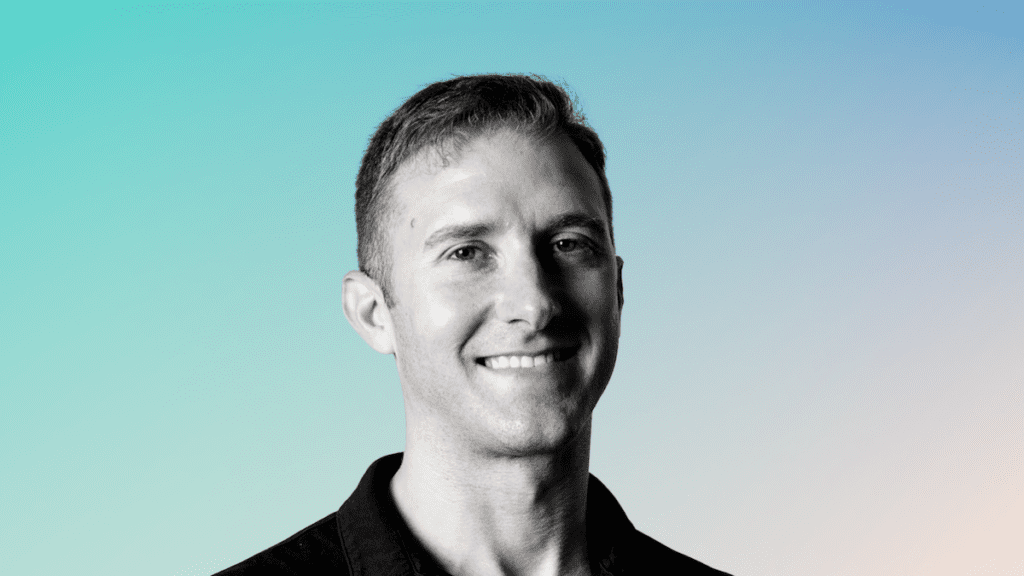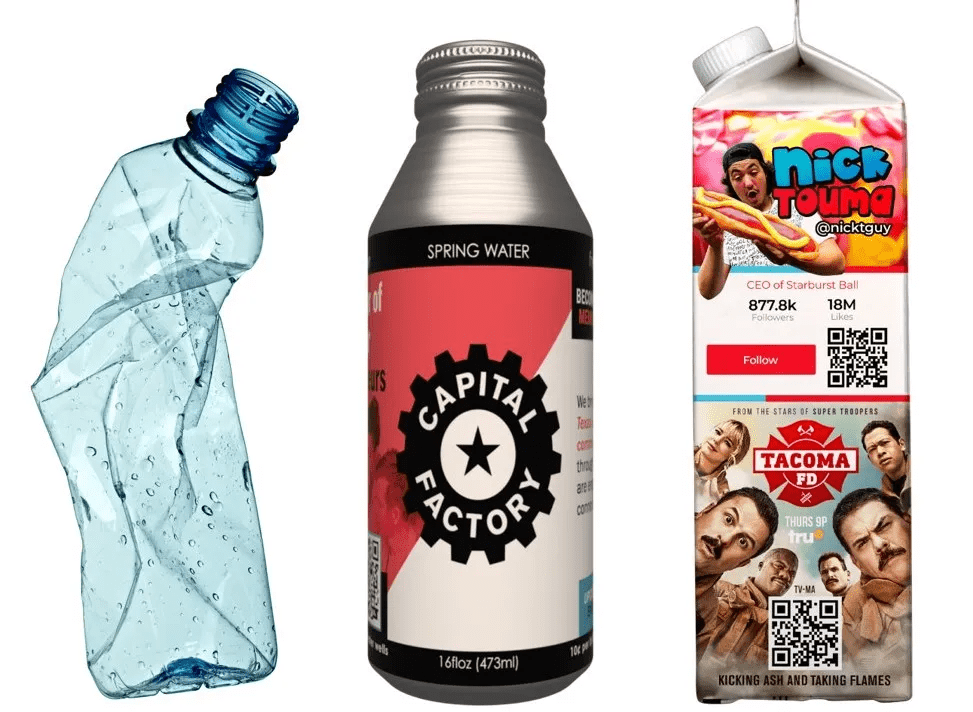For those unfamiliar with FreeWater, this innovative concept revolves around providing free water while intertwining sustainability, charitable contributions, and advertising in a novel way.
Wondering how it’s possible?
FreeWater’s sustainability model is fueled by ads that adorn eco-friendly cans and cartons. Every time you enjoy a FreeWater beverage, ten cents are automatically donated to charitable causes, making each sip a philanthropic act.
Now, why the choice of aluminum bottles and paper cartons?
FreeWater’s thoughtful decision is rooted in sustainability.
While neither option is without imperfections, both significantly outshine plastic bottles in terms of eco-friendliness.
In the long run, FreeWater envisions cultivating, manufacturing, filling, distributing, and recycling all beverages in 100% hemp cartons from a single location, reinforcing their commitment to reducing environmental impact.
Currently, FreeWater directs their donations towards Well Aware, a reputable organization renowned for their impeccable track record in successfully drilling high-quality wells, boasting a remarkable 100% success rate.

FreeWater for Advertisers
For those considering advertising with FreeWater, the cost depends on several factors, including packaging type, quantity, distribution logistics, design needs, and potential shared ad space.
Both aluminum bottles and paper cartons offer unique opportunities, with specific minimum order quantities and ad-sharing options.
FreeWater takes pride in being a prime platform for brand loyalty and believes in its high return on investment.
While it’s more cost-effective per ten impressions compared to direct mail, it’s recommended for projects with an advertising budget exceeding $1000 in its early stages.
FreeWater for Nonprofits
For those wondering if FreeWater can be used as a fundraising tool, special partnerships are available for 501(c)(3) organizations and other community outlets like church groups, sports programs, and schools.
These partners can sell ad space and receive contributions ranging from ten to twenty-five cents per beverage sold.
Interview with Josh Cliffords, Founder and CEO of FreeWater.

For additional interviews featuring social entrepreneurs, explore the Disruptors for GOOD podcast.
What was the Lightbulb Moment / Origin Story of FreeWater?
Josh: In 2015 my wife and I had created a nonprofit in Eastern Europe to aid refugees. After helping around 10,000 people within a year we realized that about 20% of them had left their home because they didn’t have access to food or water.
We wanted to create an out of the box solution that made donating to charity as easy as eating a free slice of pizza or drinking a free bottle of water.
We remembered the missing people pictures they printed on milk cartons and figured printing capabilities were far more advanced and high resolution content could be printed along with QR codes to connect anything on the internet.
What is the Mission and Vision of FreeWater?
Josh: We aim to solve the global water crisis permanently. This would cost around 12 billion dollars so If we got just ten percent of Americans to drink one free water a day we would be able to donate around 1.2 billion dollars in the first year of achieving that goal.
How Does FreeWater Impact Lives and/or the Environment in a Positive Way?

We never use single use plastic bottles. We currently use recyclable aluminum bottles and paper cartons which are more eco-friendly alternatives. Our long term goal is to create the world’s first 100% hemp paper carton.
We also donate ten cents from every beverage to charity to help fight the global water crisis. To date we’ve financed the construction of three water projects- one in India and 2 in Africa.
How Have you Funded the Company Thus Far?
We’ve raised about $200,000 to date but the majority of it has been bootstrapped.
We have also run a Fundrazr Crowd funding campaign and brought in around $20,000.
What Tools Do You Use to Run FreeWater?
We use Google Workplace for internal collaboration and communication, HubSpot for customer relationship management, PandaDocs for document management and automation, and social media platforms like TikTok and Instagram for marketing initiatives.
Additionally, we utilizes Apollo for lead generation.








